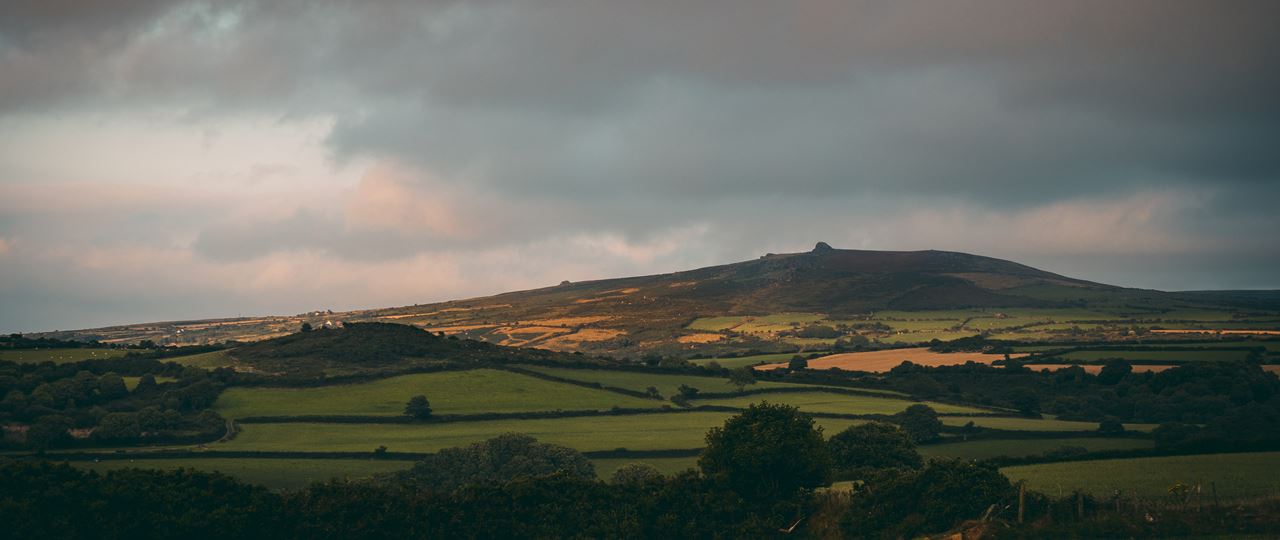Hen Galan: New Year in the Gwaun Valley
Celebrate New Year a little differently in this Welsh valley

One of the great things about Wales is our collection of weird and wonderful traditions unique to the country. From dressing up in traditional dress on March 1st, celebrating our very own Valentine’s Day (St Dwynwen’s on the 25th Jan), enjoying a hearty bowl of cawl and giving the gift of a carved wooden lovespoon; we’ve got many to choose from.
But there's one tradition which is particularly interesting. The Gwaun Valley celebrate their own version of New Year a little later than usual, on the 13th January.
This celebration has become a tradition as a result of once following the Julian calendar, named after the Roman Julius Caesar. Nowadays, we follow the Gregorian calendar which was established in 1582 as the previous calendar had become out of sync with important festivals due to miscalculations. Whilst many European countries happily accepted the new calendar, the Gwaun Valley in the far west of Wales chose not to.

That was until the Julian calendar was eventually abolished nearly 200 years later in 1752. Despite now following the current calendar as the rest of us do, the Gwaun Valley felt they couldn't quite part with the annual tradition of celebrating the New Year in mid-January, so have kept the celebrations going as a little memento to olden times.
Locals of the Gwaun Valley still celebrate in the traditional manner to this day; children roam the valley, walking from one house to the next, singing carols and songs in Welsh with the hope of being given "calennig" in return. "Calennig" is often sweets or money, pennies would be thrown to crowds of small children. Whilst the children of the valley have their own routine, the men gather together for the Mari Lwyd. Traditionally, a horse’s skull (a wooden version is used these days) is affixed to the top of a pole which is then draped with ribbons and flowers.

The Mari Lwyd
The men then proceed through the valley from house to house chanting as they go. The inhabitants of each house are to reply with a verse but if they fail, the group invite themselves in for food, drink and celebrations. These traditions are all bringing the community together and so the dwellers of these houses often give no verse in response and welcomed the men inside.

Some traditions die out with time passing, but not this one. Bessie Davies, the landlord of the Dyffryn Arms, has had a large hand in ensuring that this is one tradition which is sticking around. Many will head into the pub for a tipple or two for Yr Hen Galan; Bessie is very much a traditionalist so you’ll be served beer through a hatch which will be from a jug and an old-fashioned barrel.

The Dyffryn Arms















